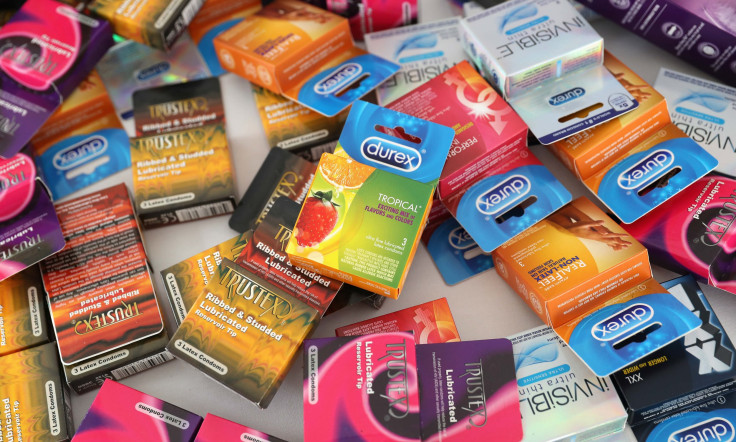Natural Cycles Contraceptive App Blamed For 37 Unplanned Pregnancies
Dozens of women learned last year that there isn’t really an app for everything, at least not one that works, after having unplanned pregnancies while using a contraceptive program, according to Daily Mail.
Natural Cycles was certified as a contraception medical device by the German-based TÜV SÜD in 2017, making it the first app of this variety to do so. The goal of the software is to determine when a woman will have the lowest chance of getting pregnant, which is done by taking into account the user’s body temperature during her menstrual cycle.
While the app was good enough to get approved for certification, the fact that 37 women used it and still became pregnant has caused it to be reported to Swedish authorities by midwives at Stockholm’s Södersjukhuset hospital.
“No contraception is 100 percent and unwanted pregnancies is an unfortunate risk with any contraception,” Natural Cycles told Daily Mail in a response statement.

Though not completely successful, a September study of 22,785 women using the app concluded that it was 93 percent effective in preventing accidental pregnancies, which the creators of the app deemed as effective as the pill.
The report by the midwives to Sweden's Medical Products Agency comes after the Södersjukhuset hospital participated in a study with Natural Cycles, which followed 668 women who used the app and resulted in 37 of them becoming pregnant.
“To have 37 unwanted pregnancies out of the 668 mentioned in this study at Södersjukhuset means that 5.5 percent of women who stated they used Natural Cycles also had an unwanted pregnancy,” the statement continued. “This is in line with what we communicate as the risk of unwanted pregnancy with typical use, and which is comparable to other types of contraception.”
The midwives knew that the app was not wholly effective, but felt compelled to report their findings to the appropriate agency, nonetheless.
“We have a duty to report all side effects, such as pregnancies, to the Medical Products Agency,” midwife Carina Montin told Siren news agency.
It’s now up to the Medical Products Agency to decide how to handle the app, which is used by 125,000 British users, alone, and thousands more elsewhere.
© Copyright IBTimes 2024. All rights reserved.











